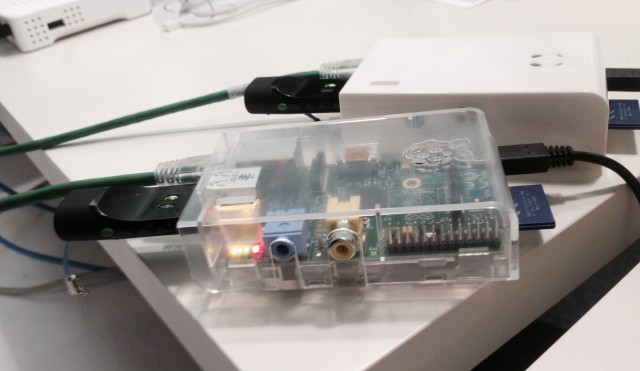
Security researchers have developed a password storage system that uses inexpensive hardware to prevent the cracking of passwords—even the most common and weak ones such as "123456," "password," and "letmein."
The S-CRIB Scrambler uses an additional layer of protection over methods many websites use now to prevent mass account compromises in the event a password database is exposed during a site breach, according to a post published Friday on the University of Cambridge's Light Blue Touchpaper blog. Rather than relying solely on a one-way cryptographic hash to represent plaintext passwords, the small dongle performs an additional operation known as hash-based message authentication code (HMAC). The secret 10 32-character key used to generate the HMAC resides solely on the dongle. Because it's not included in password tables that are stored on servers, the key could remain secret even in the event of a major security breach.
The new method comes amid twin epidemics of website security breaches that spill password databases and a large percent of end users who use "princess," "123abc," and other easily guessed passcodes to safeguard their accounts. Like a similar approach unveiled last year that uses a hardware security module to encrypt hashed passwords, it's designed to make it much harder for attackers to guess the plaintext corresponding to the hashes in a leaked database. Even if a hacker gains access to hashes protecting "123456" or other extremely weak passwords, there is no way to crack them.
Read 6 remaining paragraphs | Comments